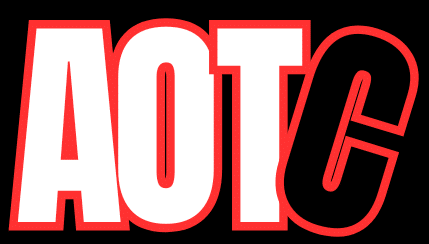Addressing Political Violence and Promoting Racial Equity: The Role of Local Governments
The recent political rhetoric and intimidation directed towards the community of Springfield, Ohio, and Black Haitian refugees who reside there underscores the normalization of political violence in the United States. This disturbing trend is not only escalating but also perpetuating systemic inequities and threatening the very fabric of our democracy.
Racial disparities play a significant role in how political violence is policed, prosecuted, and portrayed in the media. The biased framing of events like the 2020 Black Lives Matter protests versus the Capitol insurrection highlights the racial and partisan biases inherent in media representation. This skewed reporting influences societal responses to political violence and perpetuates inequity.
Local governments have the power to disrupt the conditions fueling political violence and promote racial equity. By implementing policies that challenge structural racism, ensure fair treatment, and prioritize reconciliation over punishment, local leaders can transform systems that perpetuate inequity. Restorative justice, a policy focused on reconciliation between offenders, victims, and the community, offers a bipartisan solution that resonates with both progressives and conservatives.
The normalization of political violence has real and deadly consequences for Black, Indigenous, and other communities of color. Addressing this issue requires confronting the dangerous antisemitic and racist narratives that fuel it, such as the Great Replacement Theory. Local governments, civil society, and cultural leaders must promote inclusive, truthful, and humanizing stories to counter the hatred perpetuated by these ideologies.
In conclusion, political violence begins with words and policies, and it is up to all of us to resist the forces of violence and division. By reclaiming the power of language, culture, and governance, we can build a democracy where everyone, especially the most marginalized, is safe, respected, and free.
